At Sirens, programming means the dozens of hours of papers, lectures, panels, roundtable discussions, workshops, and afternoon classes that make up the heart of Sirens. In our 2021 programming series, we’re doing a deeper dive on each presentation format; this information will both help potential presenters select the proper format for their concept and provide details on proposal requirements. We also suggest that potential presenters read how Sirens programming works and our tips, tricks, and frequently asked questions. Previously, we took a deep dive into papers and lectures, panels, and roundtables. You can submit a proposal any time from mid-April to May 15.
Workshops are an opportunity to teach practical skills, often through hands-on instruction. Workshops sometimes feature writing topics, such as building magical worlds or forming an effective critique group, but we welcome presenters tackling different topics for different audiences: how to plan a book club, where to find resources for library collection development, or how to create a feminist course curriculum based on fantasy reading.
Afternoon classes are also an opportunity to teach skills through hands-on instruction, though these skills tend to be of interest to fantasy readers—but may not be connected directly to literature or other media. Topics may be as eclectic as battle weaponry, self-defense, historical dress or dance, and costume construction.
Audience size for both workshops and afternoon classes will be 25–40 people, depending on available room size.
The boundary between a workshop and an afternoon class can be thin, so please email us at (programming at sirensconference.org) for guidance.
Co-taught workshops or afternoon classes are welcome. Collaborators who have similar or complementary expertise may wish to present together, either to maximize the opportunity for hands-on instruction or to present different skills related to the topic (such as clothing construction and embroidery).
Materials, if needed, must be provided by the presenters. If your workshop or afternoon class is accepted, you are welcome to request a small donation from audience members to defray costs. Please write to (programming at sirensconference.org) for assistance in framing the wording for your summary.
Workshops are always 50 minutes long. If you have a topic that’s shorter than 50 minutes, you might consider finding a collaborator to present on some other element of the topic. Presenters should strongly consider hands-on elements and time for audience questions.
Afternoon classes can range from 50 to 90 minutes. Often these topics require additional time for instruction or practice (or, to provide one past example, taking turns stabbing a bale of hay with battle weaponry). We also often schedule afternoon classes in larger spaces, particularly if they’re demonstration-based or require room to move (such as martial arts or dancing).
Proposal requirements include a presenter biography (50–100 words), a presentation summary (50–100 words), and a detailed abstract (300–500 words). We will publish the biography and the summary on our website and in our program book to help attendees navigate our programming and decide which presentations they’d like to attend. If more than one person will be leading the class or workshop, each presenter must provide a biography, though no supplemental abstract is required for additional presenters. The abstract is for the vetting board. It should explain your topic and approach and be far more in depth than your summary. Presenters of workshops and afternoon classes may present a traditional abstract or, if they prefer, a detailed lesson plan.
Room set-up will depend heavily on the content and design of your presentation, as well as the available room. Set-up often includes tables and chairs with space for audience members to write or craft, though if your topic is physical, we will help clear the room so you have space to work. Projection equipment and a small dry erase board or easel may be available as well (though we will ask you to specify how you will use projection equipment so that we can prioritize it for presentations that particularly need it, and make sure to clear it away if it might be damaged). If the room size warrants, we will provide a microphone (and if we do, we require that you use it, as it makes your presentation more accessible to the audience).
Looking for programming help or inspiration?
-
Free Topics: Over the next several weeks, we’ll be tweeting programming topics that are free for you to take, develop, and use in your programming proposal. You might take them as is, you might use them as inspiration, or you might find that they get your brain moving! Follow us on Twitter @sirens_con or check out #SirensBrainstorm.
-
More Questions: Email us! You can contact our programming team at (programming at sirensconference.org).
Examples of summaries of past workshops and afternoon classes from Sirens:
-
Siren with a Sword: Fencing 101 by Manda Lewis and Marie Brennan: Have you always wanted to join your favorite character on the training grounds where she first picks up a blade? Have you wished yourself in her place as she readies for the attack? This class will provide you the opportunity to do just that! Join us as we explore the history, terminology, and rules of the sport of fencing. Then you’ll take up a foil and practice what you’ve learned with your fellow attendees. You will see that fencing is not simply about overpowering your opponent, it’s about planning and strategy. We recommend wearing comfortable or athletic clothing.
-
Ballads and Marching Songs by Ellen Kushner and Ysabeau Wilce: “It don’t mean a thing if it ain’t got that swing!” said Duke Ellington. As authors, we are very aware of how sound and rhythm inform good writing, and so we heartily agree! We also draw on music, particularly traditional music of the fireside and the parade ground, to inspire and support our work. And so: Ellen will sing some of the traditional ballads that inspired her novel Thomas the Rhymer, and Ysabeau will counter with some of the military ditties that form the backdrop to the campfires, parade grounds, and blind tigers of her Califa series. We’ll then turn around and show participants how to create a fresh ballad or marching song that fits the needs of an original fantasy novel.
-
Tools and Techniques for the Reluctant Rewriter by B R Sanders: Masterpieces are rarely written perfectly the first time around. Revision, rewriting, and editing are key steps in the writing process, but they aren’t always fun, and they aren’t always easy to master. For many of us, learning to write first drafts is more straightforward and easier than picking up the skills necessary to polish those first drafts. In this workshop, we’ll explore a variety of techniques writers can use to structure their revision and rewriting process to get the most out of it. Writers at all stages of their career and of all levels of expertise are welcome.
-
Chainmail 101 and the Steampunk Maker Ethos by Fred Loucks-Schultz and Rebecca Loucks-Schultz: From Bilbo’s mithril shirt to Red Sonja’s infamous bikini, and from steampunk retro-futurism to post-apocalyptic Hollywood movies, chain mail has long been a staple of fantasy literature. Learn about the Maker side of Steampunk, the cross-cultural history of mail both as armor and decoration, the tools and techniques for making modern mail accessories, and then build your own key fob or bracelet in this hands-on workshop.
For more examples of past programming, visit our archive.




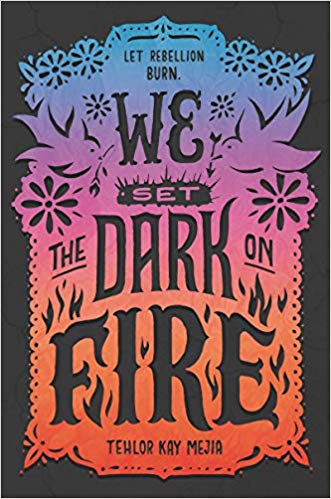
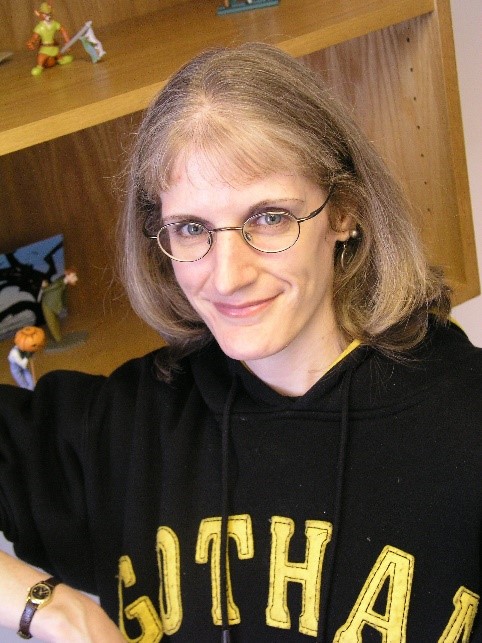 Meg Belviso holds a BA in English from Smith College and an MFA from Columbia University. As a writer and editor, she chronicles angel encounters as staff editor of Angels on Earth magazine and has written for various fiction and nonfiction properties, including several biographies in Penguin’s Who Was…? series.
Meg Belviso holds a BA in English from Smith College and an MFA from Columbia University. As a writer and editor, she chronicles angel encounters as staff editor of Angels on Earth magazine and has written for various fiction and nonfiction properties, including several biographies in Penguin’s Who Was…? series.
























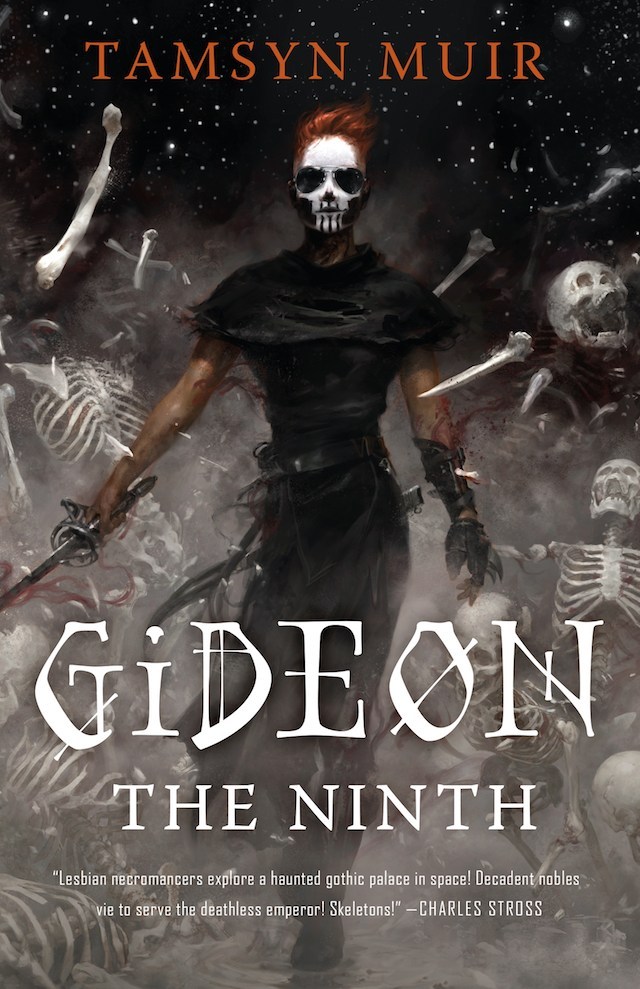
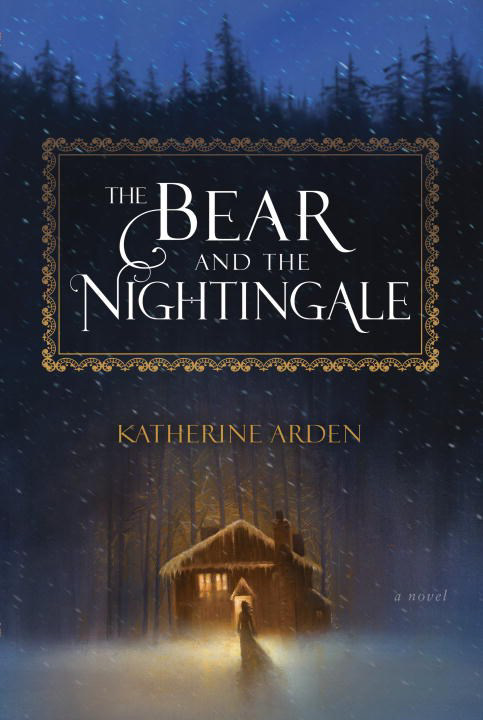
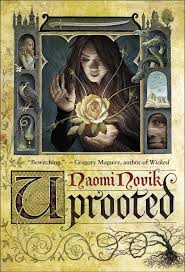
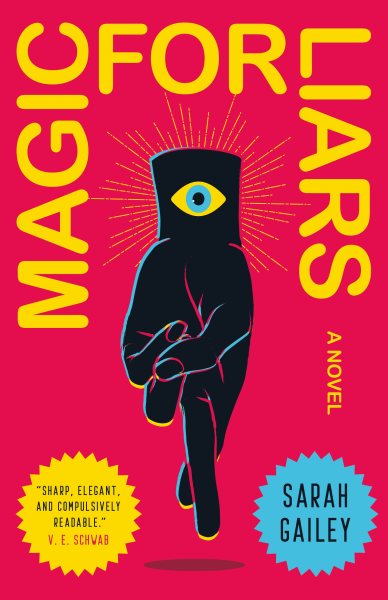
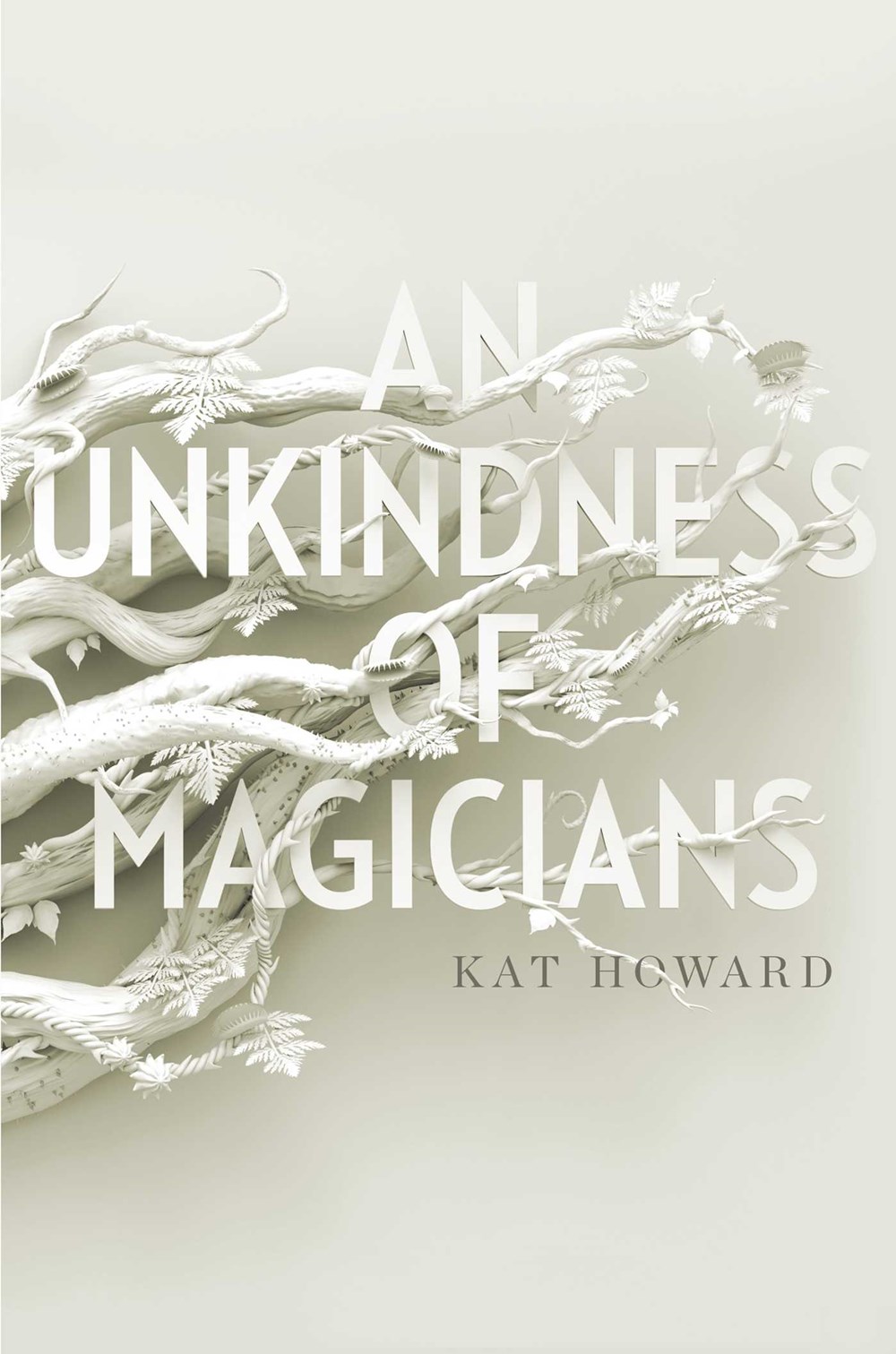
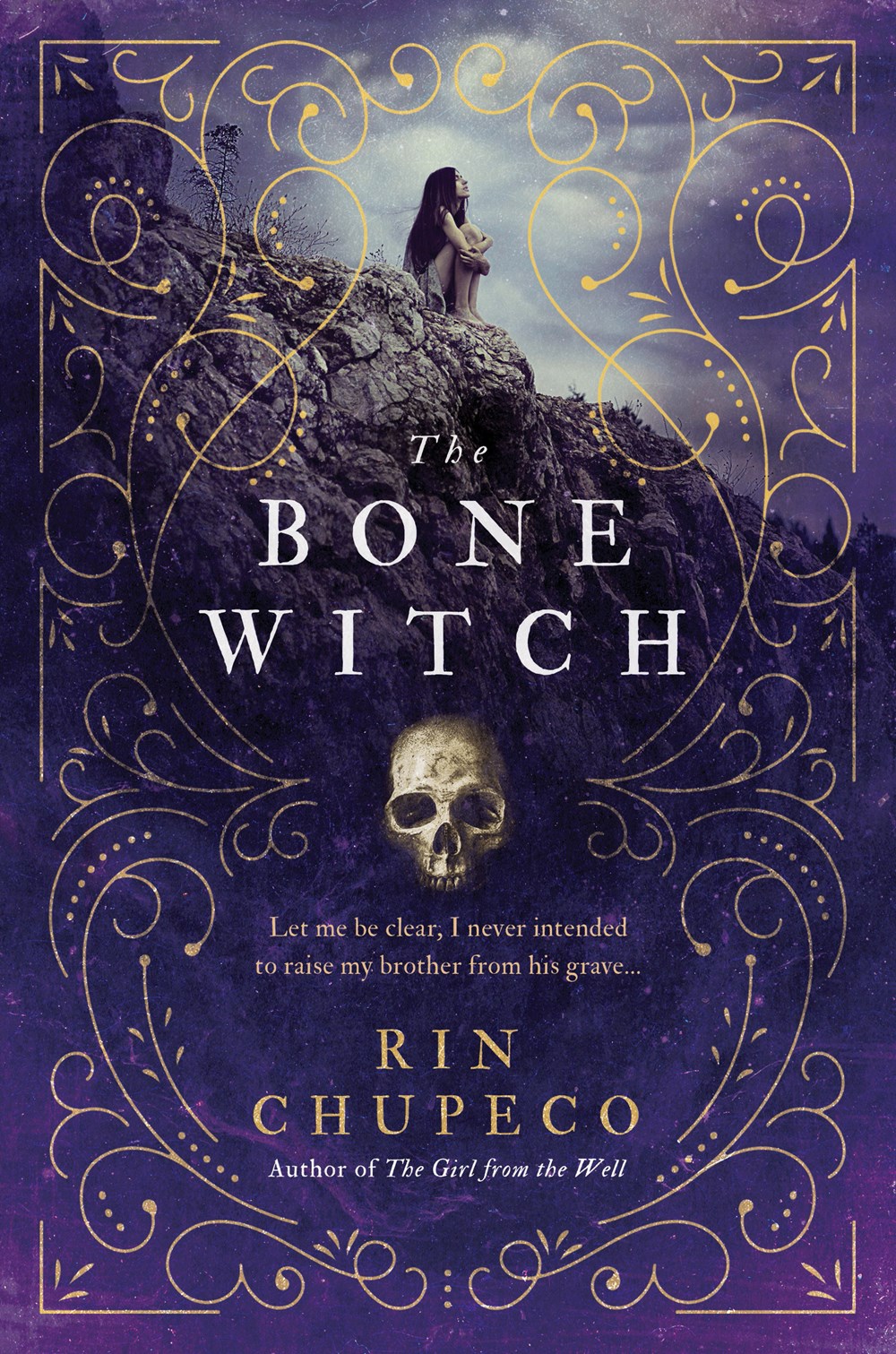


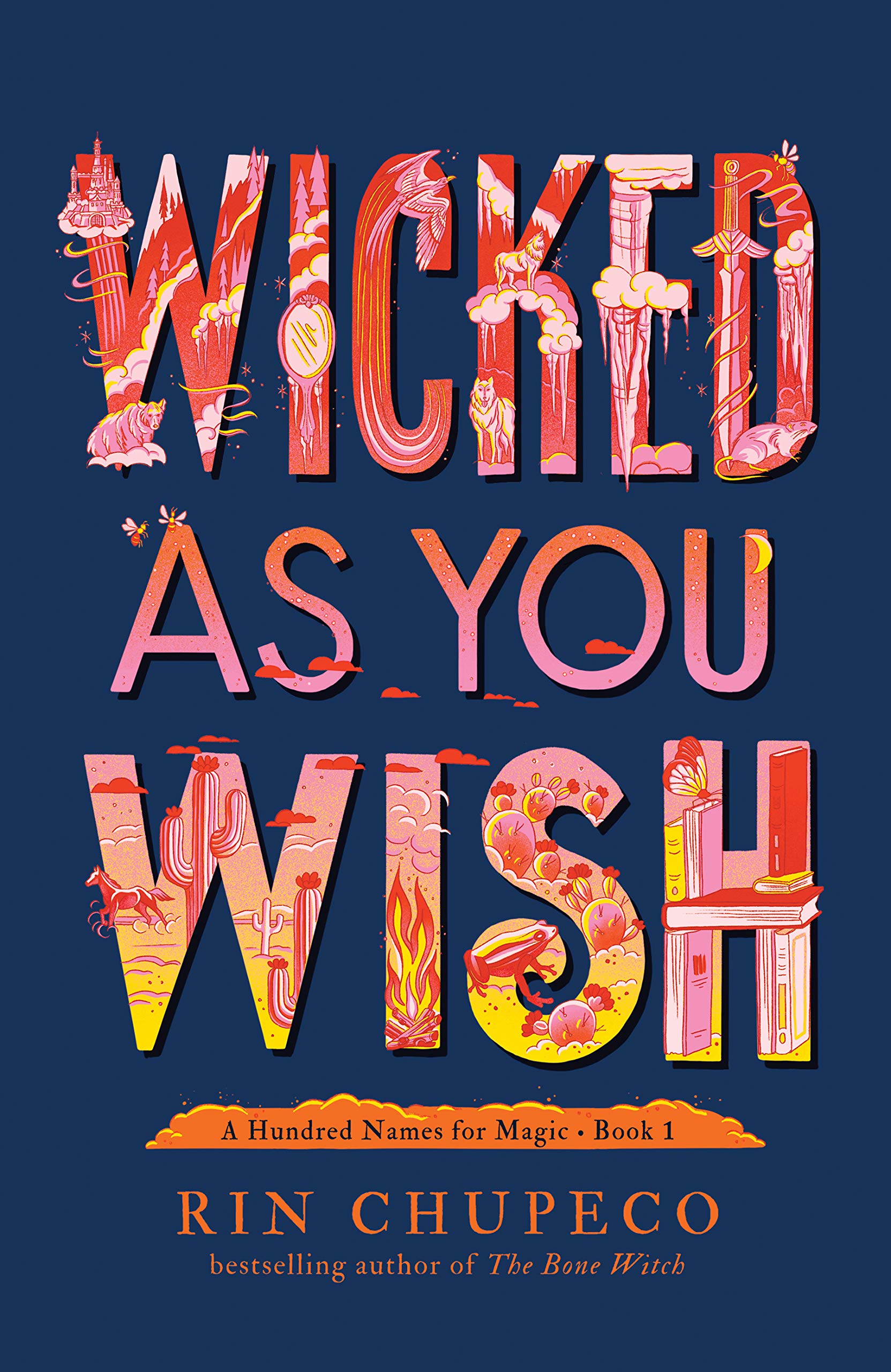




Connect with the Sirens community
Sign up for the Sirens newsletter